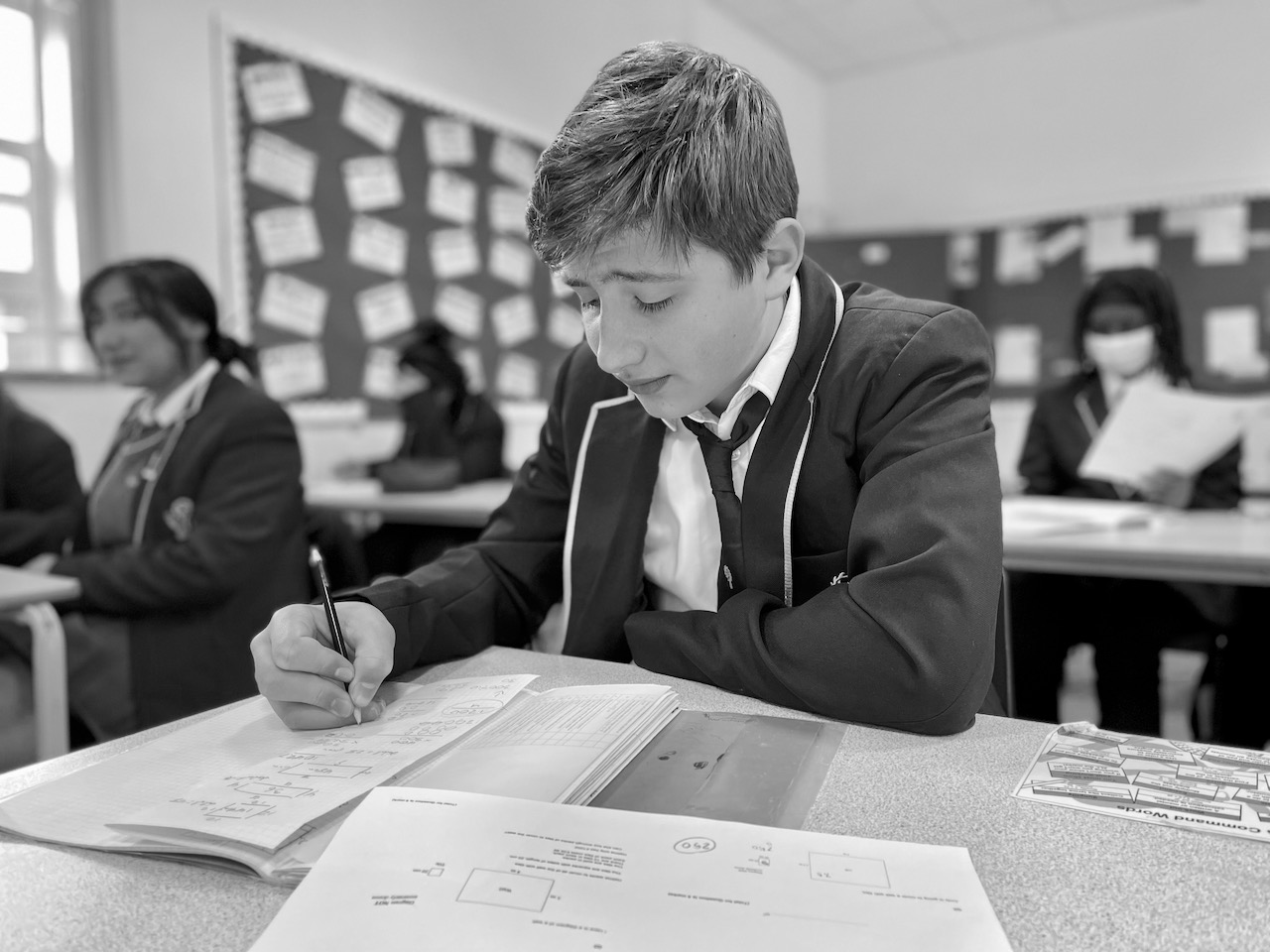At Bishop Stopford’s School, all lessons focus on ensuring that learning is purposeful, progressive, ambitious, inclusive and engaging. With students at the centre of all that we do, ensuring they develop the skills and knowledge to be successful learners and members of our community is paramount.
With this in mind, we aim to ensure that the daily learning experience of our students is of the highest quality possible, recognising that quality first teaching is the key to securing the breadth and diversity of skills and knowledge that our students need.
To this end, all lessons will:
- Use retrieval practice and recall to embed their understanding and contextualise new knowledge that is learnt
- Have clear, progressive outcomes, enabling students to develop their understanding and use what they already know as a foundation to discover new, more advanced and challenging knowledge
- Provide students with a clear understanding of how to explore new ideas, interpret questions and apply knowledge through the use of modeling
- Provide students with the scaffolding and resources needed to ensure that all are able to progressively understand more complex ideas
- Assess that students have grasped the knowledge that has taken place and provide verbal feedback and guidance where misconceptions occur
- Provide students with the opportunity to apply knowledge and to develop the skills to do so independently
Using the Diagnosis, Therapy, Testing model, assessment will be used both formatively and summatively to gauge student progress and understanding. This information will be used to identify common misconceptions and areas for development so that teachers can address these gaps and empower students further. For further detail regarding how assessment is used to inform and strengthen teaching and learning please follow the link below (link to updated Assessment policy)

Home learning
Homelearning is designed to support and broaden student understanding and provides them with the opportunity to use and develop their independent thinking and learning skills. Being able to work independently to research, apply and retrieve information is key to student success. As students progress through their educational journey, they are required to learn progressively independently and as such we aim to use homelearning as a tool to not only broaden their knowledge base but also to enhance the skills that they will require as they enter their GCSE and A level years. Through the practice of homelearning, students will also develop wider skills such as time management, which becomes all the more important as students progress onto higher education and the working world.
Homelearning will focus on one of the following in order to build the skills and knowledge that students need:
- Application activity whereby students will be asked to use knowledge and skills acquired in class to complete a written activity/set of higher level questions to further embed their understanding.
- Flipped learning tasks whereby students are asked to read around, research and take notes on a particular topic or theme in order to acquire the knowledge needed for a future lesson.
- Retrieval activity whereby students are required to answer short questions using recall to embed their knowledge of a certain topic or theme.
In Key Stage 3, students will be set homelearning activities at least once a week for English, mathematics and science and once a fortnight for all other subjects.
In Key Stage 4, students will be set homelearning activities for each subject at least once a week.
In Key Stage 5, students will be set homelearning activities for each subject unit at least once a week.

